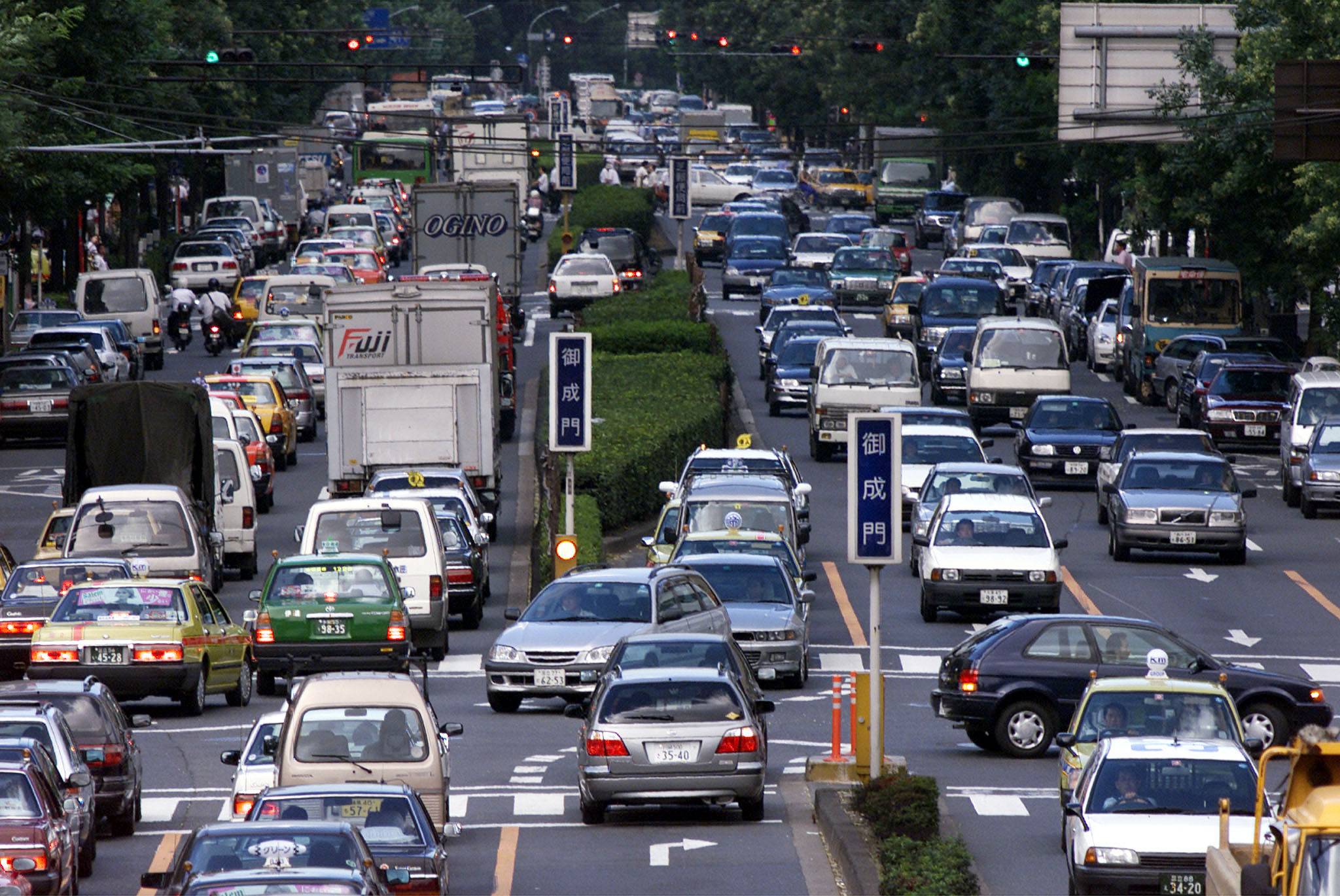In his first policy speech as prime minister last October, Yoshihide Suga pledged to reduce Japan's greenhouse gas emissions to zero by 2050, thus giving substance to the government's goal of eliminating the need for fossil fuels in the latter half of the 21st century. Part of that goal is to ban new internal combustion engine cars by the mid-2030s, a pledge addressed by Akio Toyoda, the president of what is now the world's No. 1 automaker, Toyota Motor Corp., and chairman of the Japan Automobile Manufacturers Association, during a Dec. 17 online news conference he held under the latter capacity. Toyoda derided the government policy as being ill-informed and unrealistic. At the same time, he castigated the press for glorifying electric vehicles as a main instrument for achieving carbon neutrality.
Toyoda said he had met with association members and they agreed to help Suga achieve his policy goals, but added that without "epoch-making technological breakthroughs," such goals cannot be reached, so the government must work with manufacturers "as they do in Europe and China."
After pointing out that Japan's auto industry had cut vehicular CO2 emissions by 22% and increased fuel mileage by 71% between 2001 and 2018, he said that increased dependence on electric vehicles will not solve the emissions problem. Instead, it will simply move that problem into the realm of electric power generation because of the amount of extra electricity needed to operate and make electric vehicles.



















With your current subscription plan you can comment on stories. However, before writing your first comment, please create a display name in the Profile section of your subscriber account page.